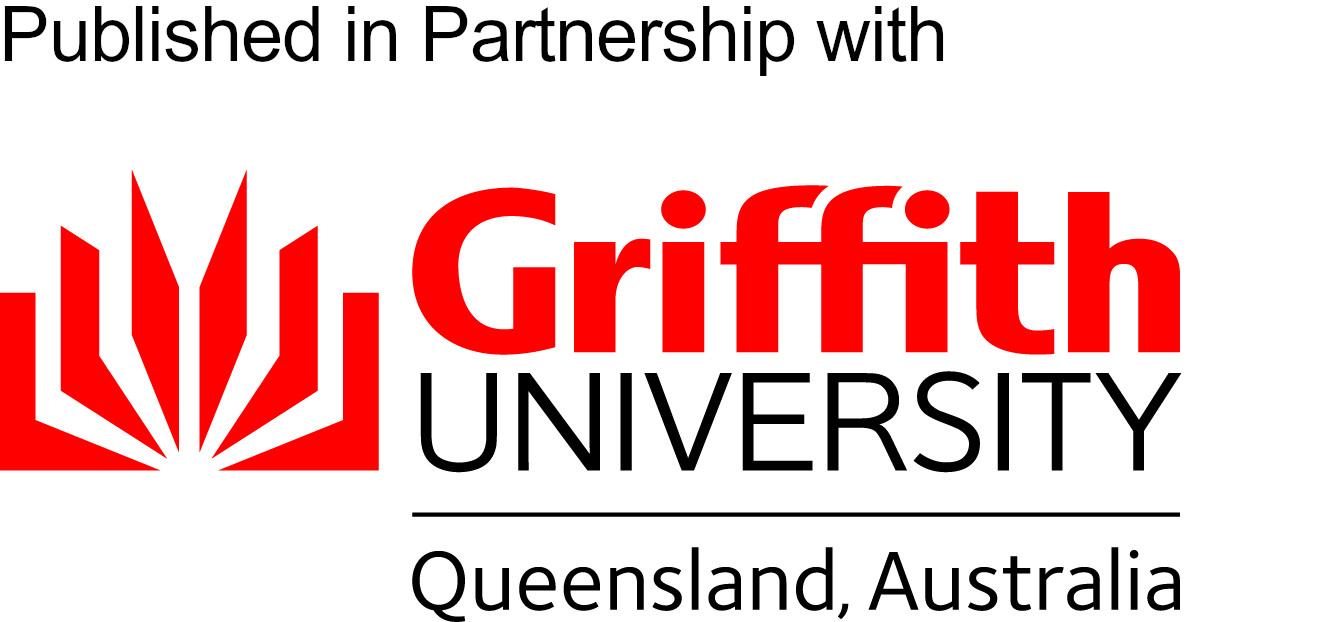One Nation and Privatisation
Populist Ethnic Nationalism, Class and International Political Economy
DOI:
https://doi.org/10.1017/S1321816600001045Keywords:
Ethnic nationalism, Pauline Hanson, One Nation Party, Right of Australian politics, privatisation of government assetsAbstract
The rise of ethnic nationalism (as expressed by the political ascent of Pauline Hanson and her One Nation Party) has created divisions within the Right of Australian politics and impediments to a privatisation program which had been proceeding under the aegis of the Labor Party and the Liberal-National Party Coalition over the last fifteen years. This paper focuses on how Pauline Hanson's One Nation Party has opposed privatisation of government assets on the basis that privatisation offers opportunities for subversive foreign capital to weaken national solidarity, which is conceived in ethnic and racial terms. The One Nation Party, this new anti-privatisation movement, is interpreted on two levels:
-
as one of a growing number of ethnic nationalist movements across the globe which are recurrent outcomes of hegemonic decline and increasing multipolarity in the world-system (e.g., the current situation of declining American hegemony being similar to the crisis of British hegemony in the interwar period of the early twentieth century)
-
as the outcome of neo-liberal policies (including privatisation) which have failed to produce full employment or to arrest the decline of the petite bourgeoisie, which forms the primary basis of the support for Hanson and her One Nation party.
References
Alesina, Alberto Enrico, Spolaore (1997) ‘On the number and size of nations’, Quarterly Journal of Economics 117: 1027–1056.
Arrighi, Giovanni (1990) ‘The three hegemonies of historical capitalism’, Review 13(3): 365–408.
Christopher, Chase-Dunn (1989) Global Formation, Cambridge: Blackwell.
Eipper, Chris (1998) ‘Pauline and the magic pudding’, AQ 70(4): 10–16.
Friedman, Jonathan (1994) Cultural Identity and Global Process, London: Sage.
Manne, Robert (1998) ‘Foreword’, in Davidoff, Nadine (ed.) Two Nations: The Causes and Effects of the Rise of the One Nation Party in Australia. Melbourne: Bookman: 3–9.
Marshall, T.H. (1973) Class, Citizenship, and Social Development. Westport, Connecticut: Greenwood Press.
Mullins, Patrick (1986) ‘Queensland: Populist politics and development’, in Head, Brian (ed.) The Politics of Development in Australia, Sydney: Allen and Unwin: 138–162.
Phillips, Kevin (1990) The Politics of Rich and Poor, New York: Simon and Schuster.
Pusey, Michael (1997) ‘Inside the minds of middle Australia’, AQ 69(4): 14–21.
van Fossen, Anthony (1998) ‘Race, ethnicity and language’, in Maidment, Richard and Mackerras, Colin (eds.) Culture and Society in the Asia-Pacific. London: Routledge: 89–114.
Wachtel, Howard (1990) The Money Mandarins: The Making of the Supranational Economic Order, London: Pluto.





